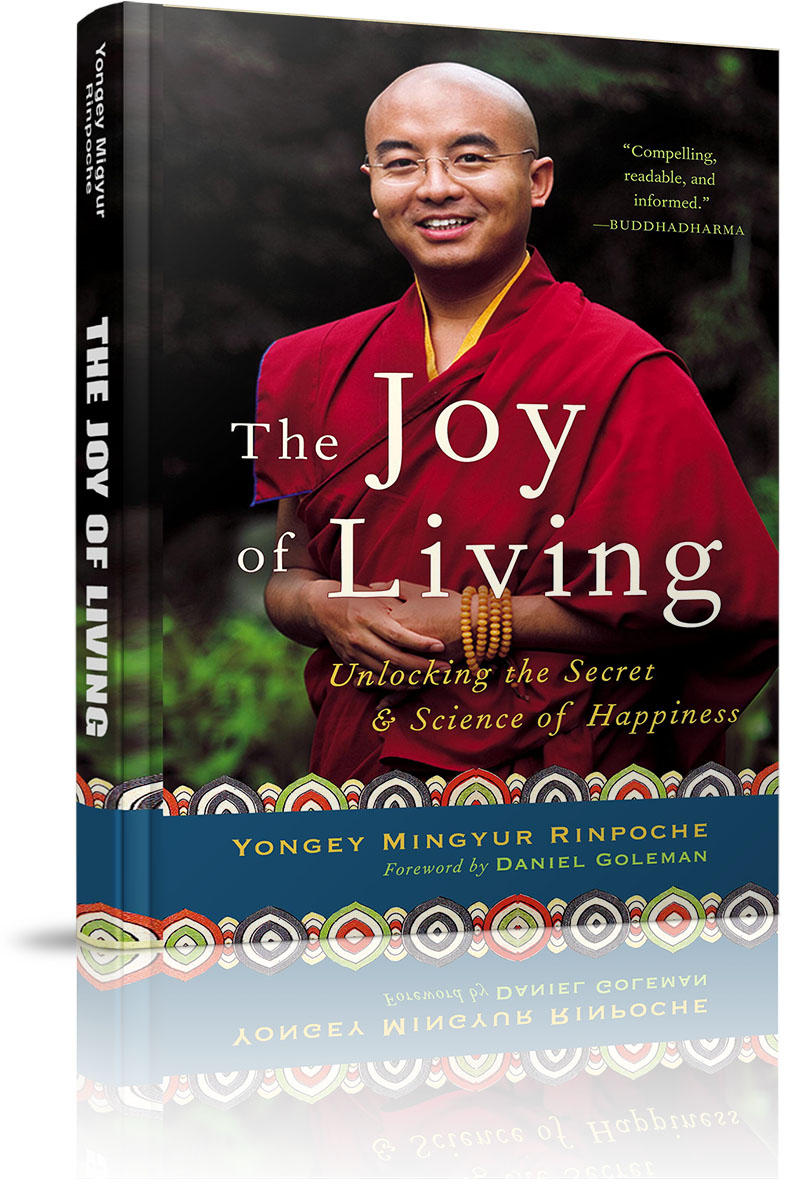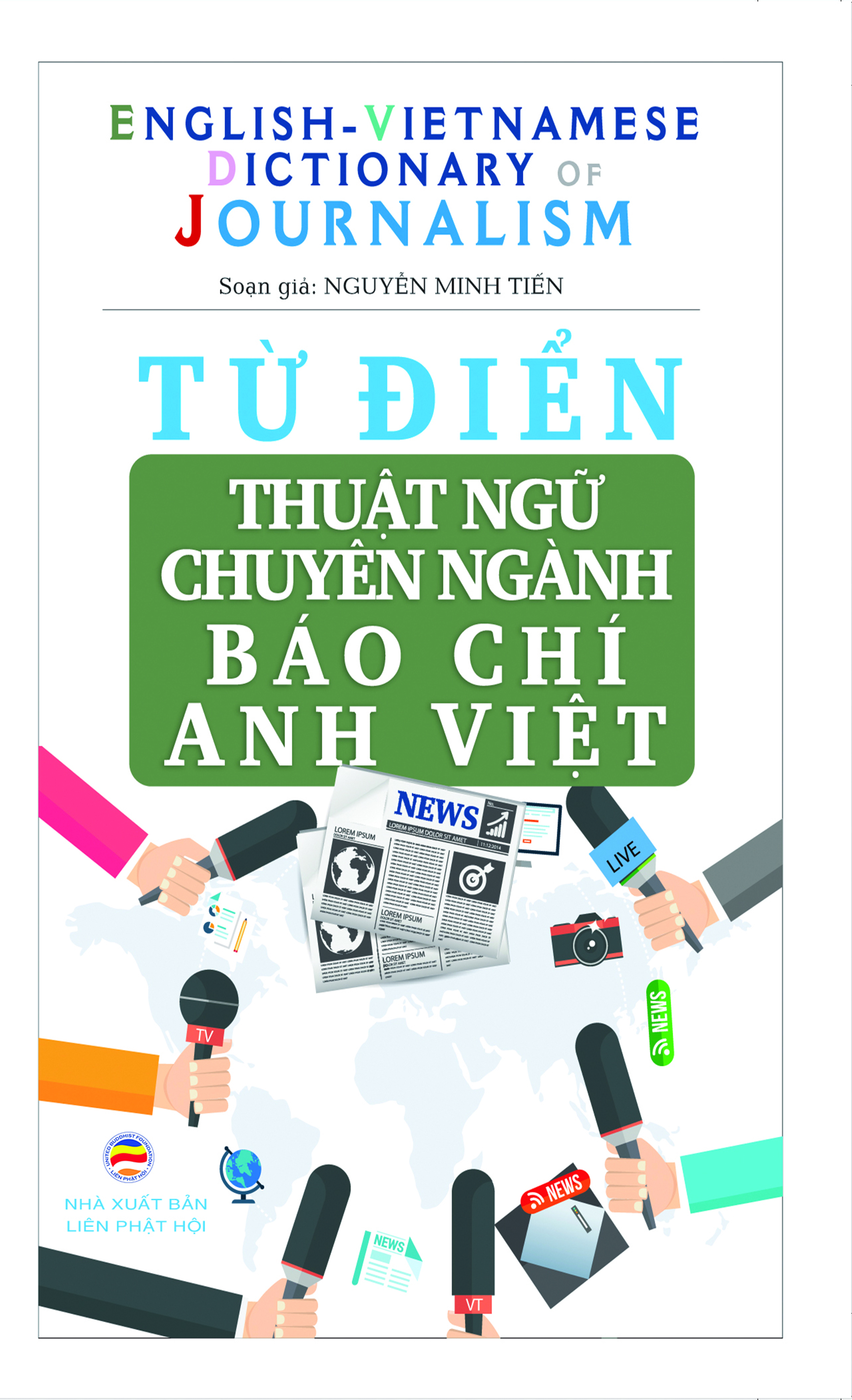Nếu bạn không thích một sự việc, hãy thay đổi nó; nếu không thể thay đổi sự việc, hãy thay đổi cách nghĩ của bạn về nó. (If you don’t like something change it; if you can’t change it, change the way you think about it. )Mary Engelbreit
Điều người khác nghĩ về bạn là bất ổn của họ, đừng nhận lấy về mình. (The opinion which other people have of you is their problem, not yours. )Elisabeth Kubler-Ross
Đối với người không nỗ lực hoàn thiện thì trải qua một năm chỉ già thêm một tuổi mà chẳng có gì khác hơn.Sưu tầm
Trong cuộc sống, điều quan trọng không phải bạn đang ở hoàn cảnh nào mà là bạn đang hướng đến mục đích gì. (The great thing in this world is not so much where you stand as in what direction you are moving. )Oliver Wendell Holmes
Mục đích cuộc đời ta là sống hạnh phúc. (The purpose of our lives is to be happy.)Đức Đạt-lai Lạt-ma XIV
Hạnh phúc đích thực không quá đắt, nhưng chúng ta phải trả giá quá nhiều cho những thứ ta lầm tưởng là hạnh phúc. (Real happiness is cheap enough, yet how dearly we pay for its counterfeit.)Hosea Ballou
Điều khác biệt giữa sự ngu ngốc và thiên tài là: thiên tài vẫn luôn có giới hạn còn sự ngu ngốc thì không. (The difference between stupidity and genius is that genius has its limits.)Albert Einstein
Chớ khinh thường việc ác nhỏ mà làm; đốm lửa nhỏ có thể thiêu cháy cả núi rừng làng mạc. Chớ chê bỏ việc thiện nhỏ mà không làm, như giọt nước nhỏ lâu ngày cũng làm đầy chum vại lớn.Lời Phật dạy
Hãy lặng lẽ quan sát những tư tưởng và hành xử của bạn. Bạn sâu lắng hơn cái tâm thức đang suy nghĩ, bạn là sự tĩnh lặng sâu lắng hơn những ồn náo của tâm thức ấy. Bạn là tình thương và niềm vui còn chìm khuất dưới những nỗi đau. (Be the silent watcher of your thoughts and behavior. You are beneath the thinkers. You are the stillness beneath the mental noise. You are the love and joy beneath the pain.)Eckhart Tolle
Nếu muốn đi nhanh, hãy đi một mình. Nếu muốn đi xa, hãy đi cùng người khác. (If you want to go fast, go alone. If you want to go far, go together.)Ngạn ngữ Châu Phi
Với kẻ kiên trì thì không có gì là khó, như dòng nước chảy mãi cũng làm mòn tảng đá.Kinh Lời dạy cuối cùng
Trang chủ »» Danh mục »» SÁCH ANH NGỮ HOẶC SONG NGỮ ANH-VIỆT »» The Joy of Living »» none »»
The Joy of Living
»» none
 Xem Mục lục
Xem Mục lục 
- »» none
- Introduction
- Part One: The Ground - 1. The Journey Begins
- 2. The inner symphony
- 3. Beyond the mind, beyond the brain
- Emptiness: The reality beyond reality
- The relativity of perception
- 6. The Gift of Clarity
- 7. Compassion: Survival of the kindest
- 8. Why are we unhappy?
- Part Two: The Path - 9. Finding Your Balance
- 10. Simply resting: The first step
- 11. Next steps: Resting on objects
- 12. Working with thoughts and feelings
- 13. Compassion: Opening the heart of the mind
- 14. The how, when, and where of practice
- Part Three: The fruit - 15. Problems and Possibility
- 16. An inside job
- 17. The biology of happiness
- 18. Moving on
- none

Back in 1970, travelling in India as a graduate student, I found myself studying Abhidharma, one of the more elegant examples of such an ancient psychology from Buddhism. I was stunned to discover that the basic questions of a science of mind had been explored for millennia, not just a mere century. Clinical psychology, my own field at the time, sought to help alleviate the varieties of emotional pain. But, to my surprise, I found that this millennia-old system articulated a set of methods not just for healing mental suffering, but also for expanding such positive human capacities as compassion and empathy. Yet I had never heard of this psychology anywhere in my own studies.
Today the vigorous dialogue between practitioners of this ancient inner science and modern scientists has blossomed into active collaboration. This working partnership has been catalyzed by the Dalai Lama and the Mind and Life Institute, which for several years has brought together Buddhists and scholars in discussions with modern scientists. What began as exploratory conversations has evolved into a joint research effort. As a result, experts in Buddhist mind science have been working with neuroscientists to design research that will document the neural impact of these varieties of mental training.
Yongey Mingyur Rinpoche has been one of the expert practitioners most actively involved in this alliance, working with Richard Davidson, the director of the Waisman Laboratory for Brain Imaging and Behavior at the University of Wisconsin. This research has yielded stunning results, which if replicated will alter forever certain basic scientific assumptions - for example, that systematic training in meditation, when sustained steadily over years, can enhance the human capacity for positive changes in brain activity to an extent undreamed of in modern cognitive neuroscience.
Perhaps the most staggering result to date came in a study of a handful of meditation adepts that included Yongey Mingyur Rinpoche (as he describes in this book). During a meditation on compassion, neural activity in a key center in the brain’s system for happiness jumped by 700 to 800 percent! For ordinary subjects in the study, volunteers who had just begun to meditate, that same area increased its activity by a mere 10 to 15 percent. These meditation experts had put in levels of practice typical of Olympic athletes - between ten thousand and fifty-five thousand hours over the course of a lifetime - honing their meditative skills during years of retreat.
Yongey Mingyur is something of a prodigy here. As a young boy, he received profound meditation instructions from his father, Tulku Urgyen Rinpoche, one of the most renowned masters to have come out of Tibet, just before the Communist invasion. When he was only thirteen, Yongey Mingyur was inspired to begin a three-year-long meditation retreat. And when he had finished, he was made meditation master of the very next three-year retreat at that hermitage.
Yongey Mingyur is unusual, too, in his keen interest in modern science. He has been an ardent spectator at several of the Mind and Life meetings, and has seized every opportunity to meet one-on-one with scientists who could explain more about their specialties. Many of these conversations have revealed remarkable similarities between key points in Buddhism and modern scientific understanding - not just in psychology, but also with cosmological principles stemming from recent advances in quantum theory. The essence of those conversations is shared in this book.
But these more esoteric points are woven into a larger narrative, a more pragmatic introduction to the basic meditation practices Yongey Mingyur teaches so accessibly. This is, after all, a practical guide, a handbook for transforming life for the better. And that journey begins from wherever we happen to find ourselves, as we take the first step.
DANIEL GOLEMAN
TỪ ĐIỂN HỮU ÍCH CHO NGƯỜI HỌC TIẾNG ANH
DO NXB LIÊN PHẬT HỘI PHÁT HÀNH
Mua sách qua Amazon sẽ được gửi đến tận nhà - trên toàn nước Mỹ, Canada, Âu châu và Úc châu.
Quý vị đang truy cập từ IP 216.73.216.35 và chưa ghi danh hoặc đăng nhập trên máy tính này. Nếu là thành viên, quý vị chỉ cần đăng nhập một lần duy nhất trên thiết bị truy cập, bằng email và mật khẩu đã chọn.
Chúng tôi khuyến khích việc ghi danh thành viên ,để thuận tiện trong việc chia sẻ thông tin, chia sẻ kinh nghiệm sống giữa các thành viên, đồng thời quý vị cũng sẽ nhận được sự hỗ trợ kỹ thuật từ Ban Quản Trị trong quá trình sử dụng website này.
Việc ghi danh là hoàn toàn miễn phí và tự nguyện.
Ghi danh hoặc đăng nhập


 Trang chủ
Trang chủ








